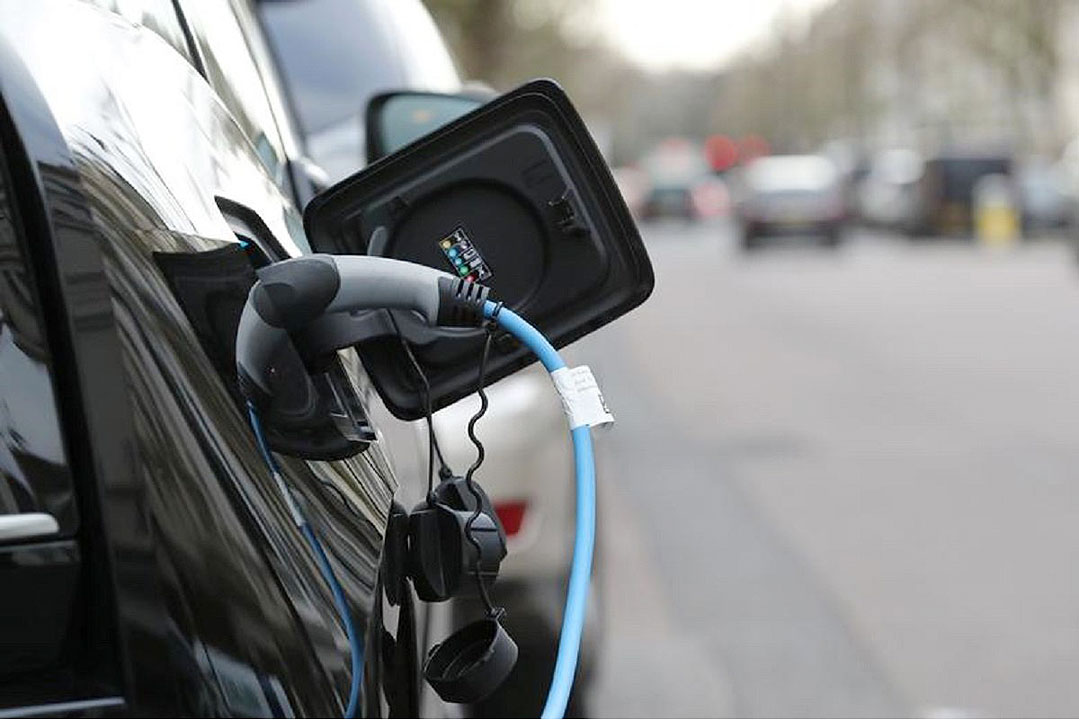THE SENATE approved Thursday the harmonized version of a proposed bill creating a road map to develop the electric vehicle (EV) industry.
The reconciled version of Senate Bill 1382 and House Bill 10213, known as the proposed Electric Vehicle Industry Development Act, dictates the pace for growing the Elective Vehicle industry, Senator Sherwin T. Gatchalian, who chairs the bicameral conference committee, said.
He said in the Senate plenary session that the Comprehensive Roadmap for the Electric Vehicle Industry (CREVI) will set common standards and specifications of EVs, charging stations and equipment, parts and components, batteries, and related facilities.
CREVI will also set the timetable for offering dedicated parking slots and building charging stations.
“The two Houses of Congress managed to find common ground on the two most contentious provisions — the installation of charging stations in dedicated parking slots and the installation of charging stations in dedicated spaces in gas stations,” Mr. Gatchalian said.
According to the reconciled bill, CREVI will determine when dedicated parking lots and charging facilities at gasoline stations are to be offered to EV users, while specific public buildings and establishments will also be permitted to install public charging stations operated on a commercial basis.
“Through this, the CREVI shall address the needs of first movers in the rollout of charging stations,” he said.
The owners of buildings and gasoline stations have the option to install, operate or maintain a charging station on their premises or allow a service provider to do so, he added.
An entire section of the House bill was also adopted, which designated the Department of Environment and Natural Resources (DENR) as the lead agency in setting the rules for recycling and disposing of waste products from EVs, to ensure compliance with Republic Act 6969 or the Toxic Substance Hazardous and Nuclear Waste Control Act of 1990.
The Department of Energy (DoE), together with the Department of Transportation (DoTr), various other national government agencies, and industry stakeholders, must agree on implementing rules and regulations within 120 days after the law takes effect.
The bicameral report is awaiting ratification by the House of Representatives before the bill is sent to the Palace for the President’s signature. — Alyssa Nicole O. Tan
